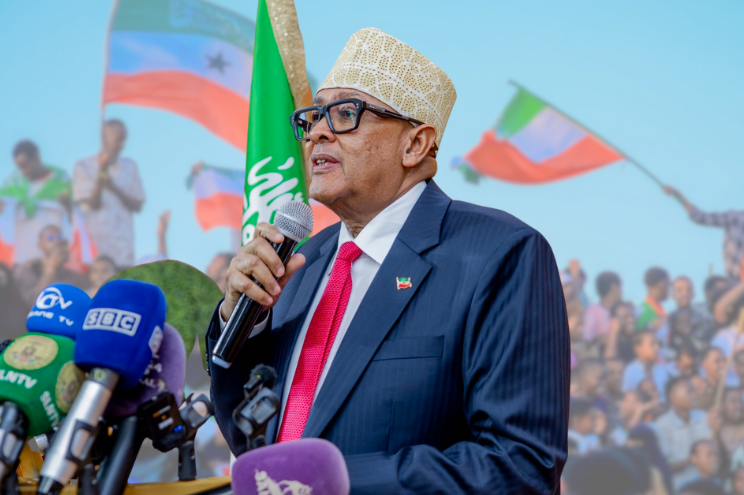
Red Sea Geopolitics and Secession: Policy Implications of Israel’s Recognition of Somaliland
This policy paper analyzes the potential Israeli interests behind the

This policy paper analyzes the potential Israeli interests behind the
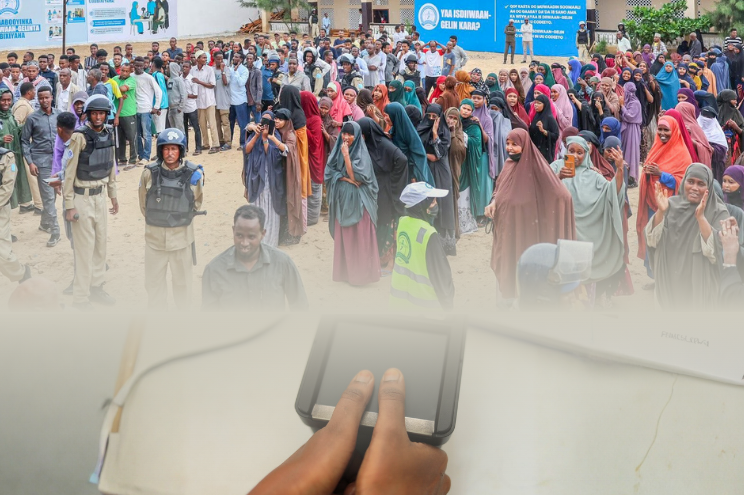
This policy paper examines the first voter registration process conducted
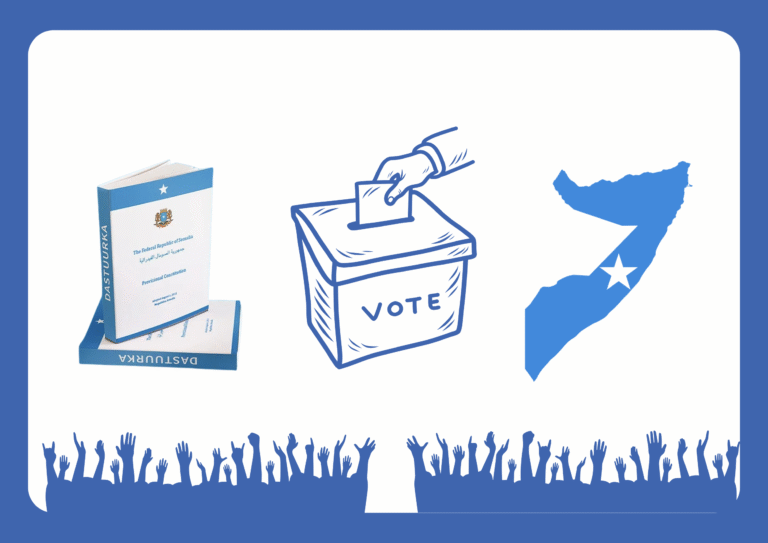
Efforts are underway to finalize the provisional constitution and organize

In collaboration with the Regional Durable Solutions Secretariat (ReDSS), Somali

This policy paper draws from a forum held by Somali
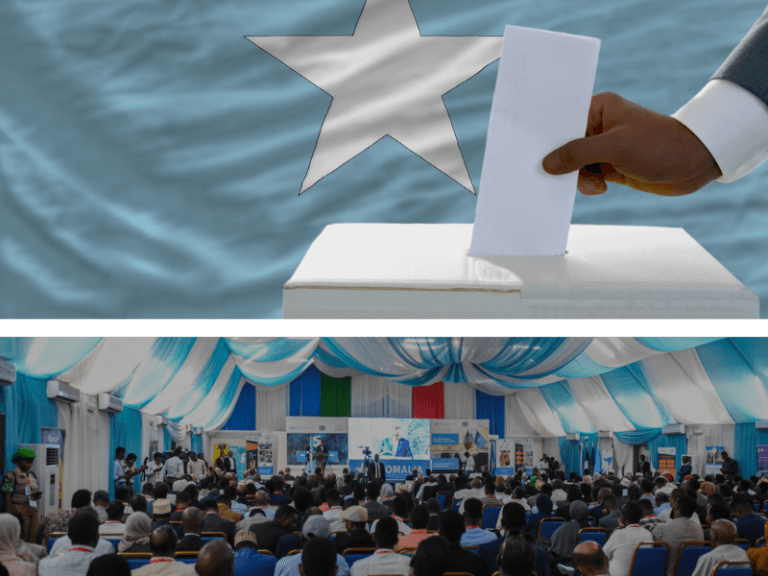
On Thursday, August 8, 2024, the FGS Council of Ministers

This policy paper aims to contribute to a better informed,

This policy paper analyses the key components of the controversial
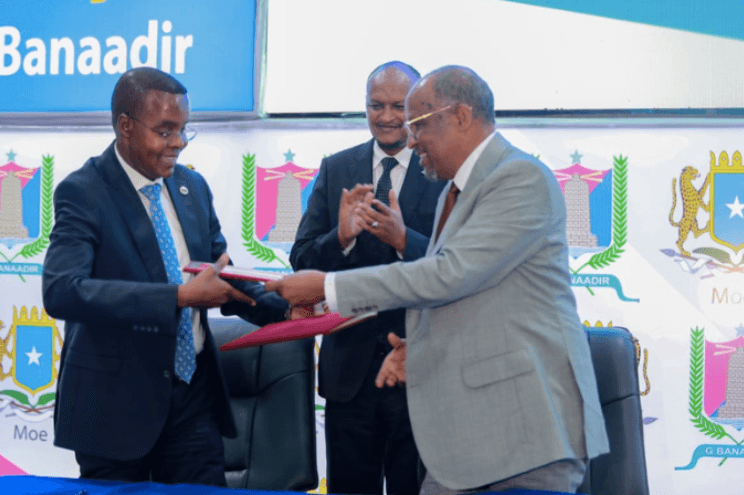
The education decentralization to Benadir Regional Administration has achieved some
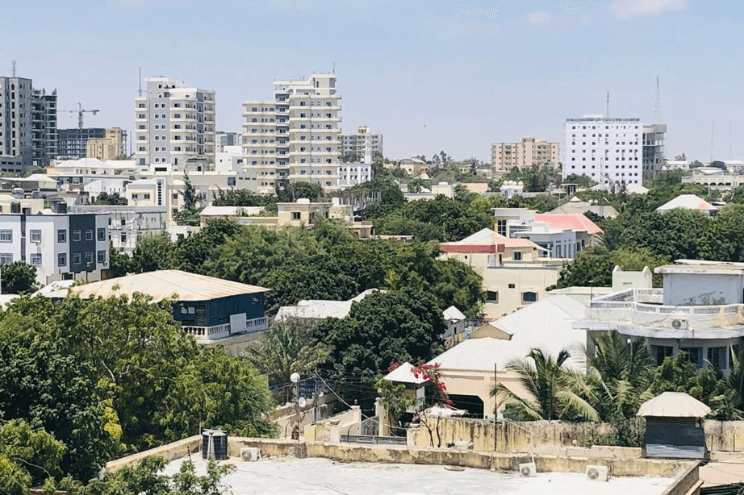
Agreement on Mogadishu’s status remains critical. Inclusive political dialogue and
Somali Public Agenda (SPA) is a non-profit, non-partisan, and independent public policy and administration research and action organization based in Mogadishu. It aims to advance understanding and improvement of public policy and services in Somalia through evidence-based research and analysis, dialogue, policy and service design, and training.
Stay updated on governance and public services in Somalia!